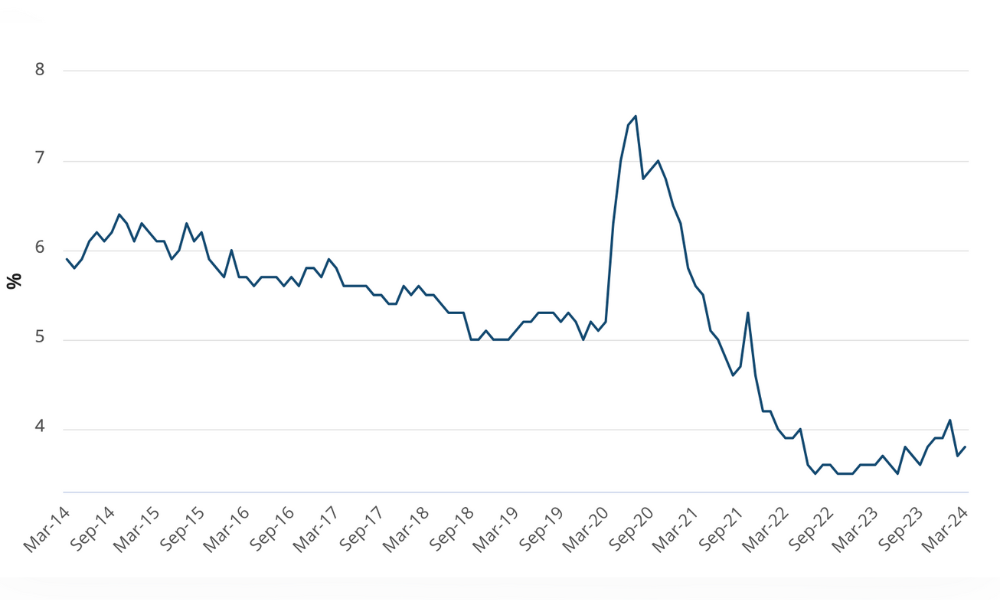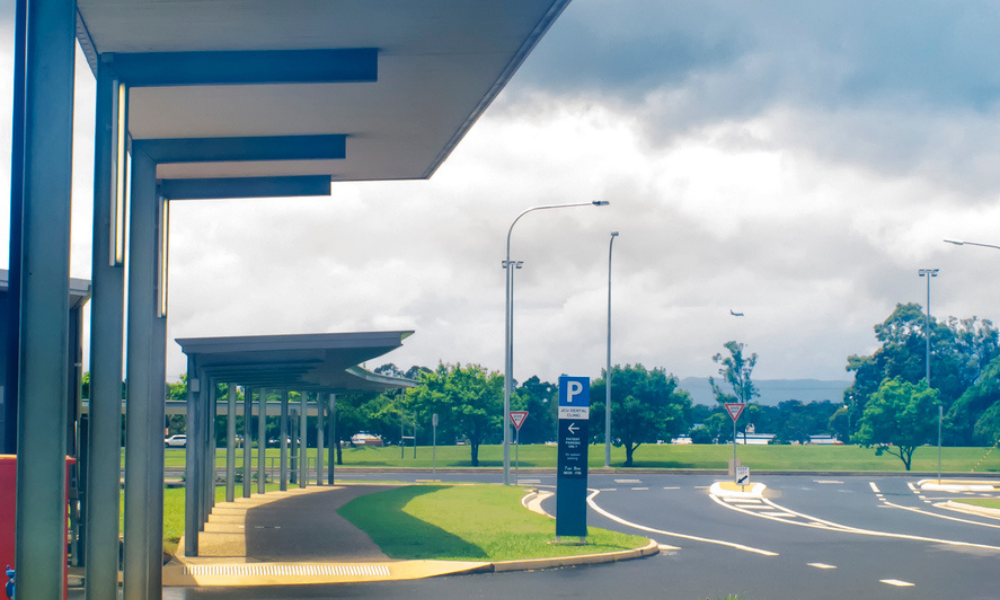Another retail giant has been targeted by the Fair Work Ombudsman in its investigations into minimum wage payments.
The Fair Work Ombudsman is continuing its crack down on under-payment in supply chains and sub-contracting arrangements.
Recent high profile Coles trolley collector underpayment cases have shown that it is imperative for big business to ensure compliance through the entire supply chain.
Fair Work Ombudsman Natalie James says worker underpayments can happen for reasons ranging from innocent mistakes to deliberate exploitation.
“Disturbingly, it has happened when big business either turns a blind eye to, or is willing to hide behind, complex supply chains and sub-contracting arrangements which rely on exploitation of vulnerable workers to make a profit,” James says.
She highlights the recent example of supermarket giant Coles, which was the subject of legal action after the employment watchdog alleged it was aware of underpayments and exploitation among sub-contracted supermarket trolley collectors.
The employment watchdog alleged Coles was aware the trolley collectors were not being paid correct minimum wages and conditions and the company failed to ensure its sub-contractors were complying with workplace laws.
“In the Adelaide case, Coles Supermarkets Australia had typically used the supply chain arrangements as an “out” clause for its requirement to comply with the Fair Work Act – often stating it wasn’t the direct employer, so the collectors were not its responsibility,” James says.
“It was that kind of attitude that created the shocking circumstances where a young Adelaide western suburbs trolley collector could be short-changed almost $90,000 in 18 months for his work in this back-breaking job.”
However, in October 2014, Coles stepped up to publicly admit that it had an “ethical and moral responsibility” for the conduct of all persons in its business.
As part of its enforceable undertaking with the employment watchdog, Coles created a $500,000 fund to back-pay collectors of its supermarket trolleys, in a move James says “deserves credit”.
“All levels in the supply chain have now been penalised or had an enforcement outcome applied against it and a first-year report by Coles on how it is meeting its Enforceable Undertaking with us shows strong improvement in compliance,” James says.
“Coles is now in-sourcing its trolley collectors and deserves credit for cleaning up its act and working with the Fair Work Ombudsman to put a stop to the non-compliance in the industry.”
She says there is a clear message to other sectors operating with supply chain and sub-contractor arrangements that they can expect to be held accountable if any part of their labour networks contravene workplace laws.
“We have, and will always, vigorously pursue the direct employer when we find cases of non-compliance. It is the employer first and foremost who is responsible for paying the correct entitlements,” James says.
“If we find a business underpaying workers and that business is part of a franchise or supply chain, we will look up to the business at the top, the franchisor, principal or purchaser; because they are the price-makers and they control the settings.”





